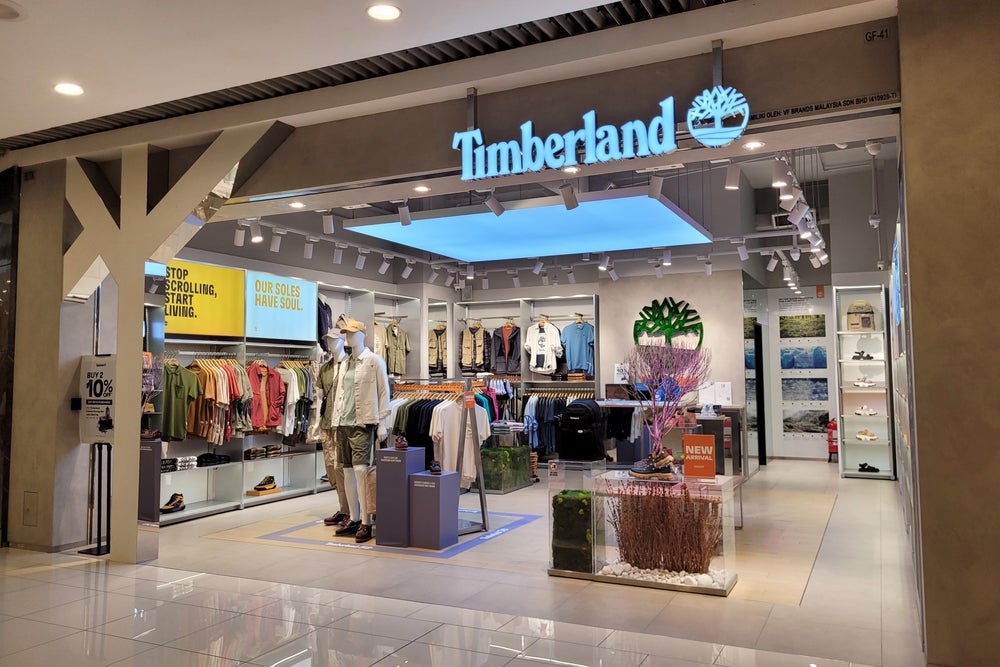The World Fashion Convention, which was co-hosted by the International Apparel Federation and Sewn Products Equipment & Suppliers of the Americas (SPESA) in Philadelphia, US observed the world of fashion sourcing from both an international and US standpoint.
It was the first time in 23 years the event was hosted in the US and arguably it couldn't have happened at a more crucial time given the US is on the brink of an election. Plus, the rest of the world is eagerly waiting to see if US trade deals such as AGOA and Haiti/Hope will be renewed, how its crackdown on forced labour will shape the sector moving forward and how it can catch up with EU laws on due diligence and extended producer responsibility.
Ex-Tapestry's Tom Glaser gave an incredibly straight-talking keynote speech during the event. He's recently retired from the fashion sourcing world and no longer has any official affiliations so he was able to give his personal yet expert viewpoint on how a US fashion sourcing executive should be developing a sourcing strategy as we approach 2024.
He shared there's tension between order and chaos right now, which we all know just by watching the daily news, however he hinted the conflict in Israel and Gaza could lead to a Cold War II so it's impact can not go ignored.
He pointed out the Biden administration, similar to Trump beforehand, takes no interest in trade deals and stated: "There may be one bipartisan issue that Trump and Biden agree on – not being favourable to trade".
He submitted United States Trade Representative Katherine is the same as she refers to putting the US back into the United States Trade Representative but he questions where the 'T' for trade has gone?
The US is beginning to contract and move back to isolationism, which is deemed a "very scary situation" and given there's a US election in November 2024 it's equally scary that only a tiny proportion of the population believe either Biden or Trump should run the country.
There's no "silver bullet" he can give to fashion sourcing executives but he defends globalisation is not dead.
Inflation will be here for a while and conflicts are an uneasy piece of the sourcing puzzle. Plus, climate change will impact a lot of what has been the norm for many years.
The biggest shift is thinking about long term value, agility and regionalisation over and above short term pricing.
In terms of sourcing countries to watch Glaser points to Bangladesh which he stated has "done a heck of a good job" and "still has a lot of young people with universities teaching engineering so there’s a lot of potential there".
For sourcing executives in the US he believes there’s still an opportunity in CAFTA and NAFTA and for everyone he sees more opportunity in Africa given there's a lot of labour there, however he claimed that Vietnam had reached its peak.
Collaboration across the supply chain remains key and given we're living in a world filled with conflict now is not the time for those working within the same fashion supply chains to go to war with one another.
The week’s top stories on Just Style
US Congress member seeks investigation into Shein over Xinjiang cotton sourcing
A member of the US Congress, who co-sponsored the Uyghur Forced Labor Prevention Act (UFLPA), is urging the Department of Homeland Security (DHS) to investigate Chinese fast-fashion retailer Shein, citing concerns over the potential use of Xingjian cotton in its products.
Responsible purchasing practices regulations, initiatives must align for fashion’s transformation
Andrew Martin, the executive vice president of the global, multi-stakeholder non-profit Sustainable Apparel Coalition (SAC) talks about Responsible Purchasing Practice being the "thread and glue" holding together all other pieces in the apparel industry and bringing clarity and alignment in the face of a regulatory storm.
Bangladesh factory owners offer half of minimum salary proposed by workers’ representatives
A local news publication reports that the minimum wage board met for a fourth meeting at its office in Segunbagicha, Dhaka to discuss the proposed garment worker wages.
Signal: Is the recycled apparel trend slowing down?
As the apparel industry debates the use of recyclable and non-recyclable materials, it seems that interest in "recycled" is simmering down, as suggested by GlobalData's company filings data.
Sri Lanka’s eco-friendly apparel manufacturing surges with GOTS certification uptick
The Joint Apparel Association (JAAF) has observed a growing pattern within Sri Lanka's apparel manufacturing industry, with an increasing number of companies opting to adopt the Global Organic Textile Standard (GOTS).
Textile Exchange, Google, WWF unveil tool to mitigate industry environmental risks
Non-profit Textile Exchange, in collaboration with global technology company, Google, NGIS a location technology firm and the World Wildlife Fund (WWF), has launched the Materials Impact Explorer (MIE), a risk assessment tool designed specifically for the fashion, textile, and apparel industry.
Inditex to buy Ambercycle’s recycled polyester in €70m deal
Spanish fashion conglomerate, Inditex has entered into a three-year partnership with material science company Ambercycle, to purchase textile-to-textile recycled polyester cycora for more than €70m ($73m).
Sustainable cotton farming takes root in Pakistan with Premium Organic Cotton Project
Cotton manufacturer, Premium Textile Mills and environmental conservation organisation, WWF Pakistan have unveiled the Premium Organic Cotton Project, a five-year initiative in Pakistan's fertile Pacca Chang region aimed at promoting sustainable and traceable organic cotton production.
















